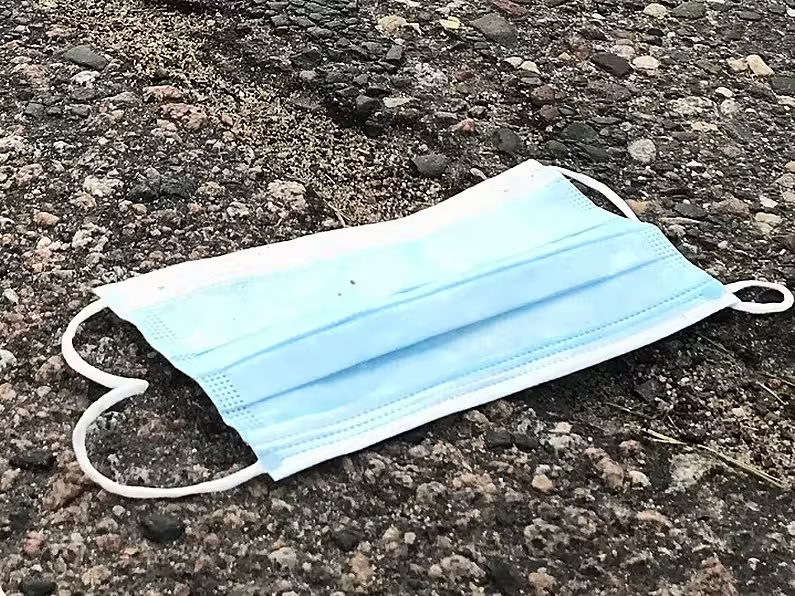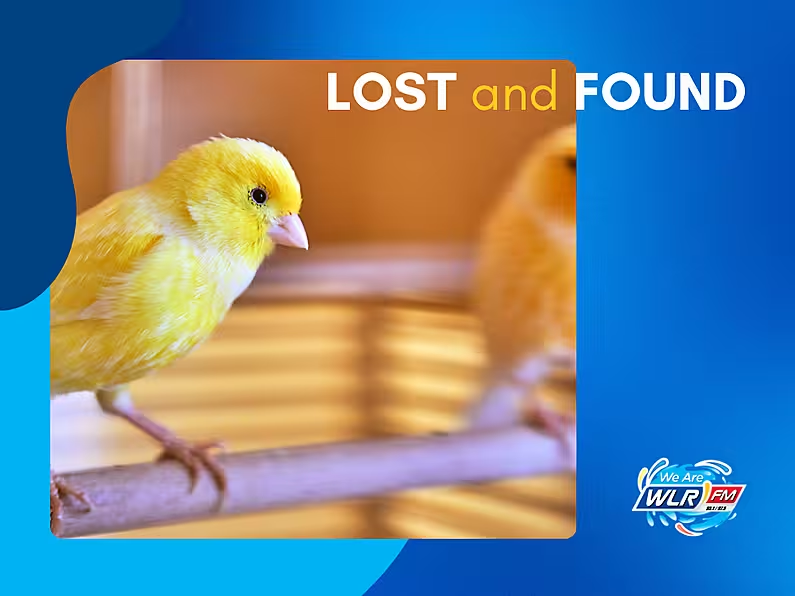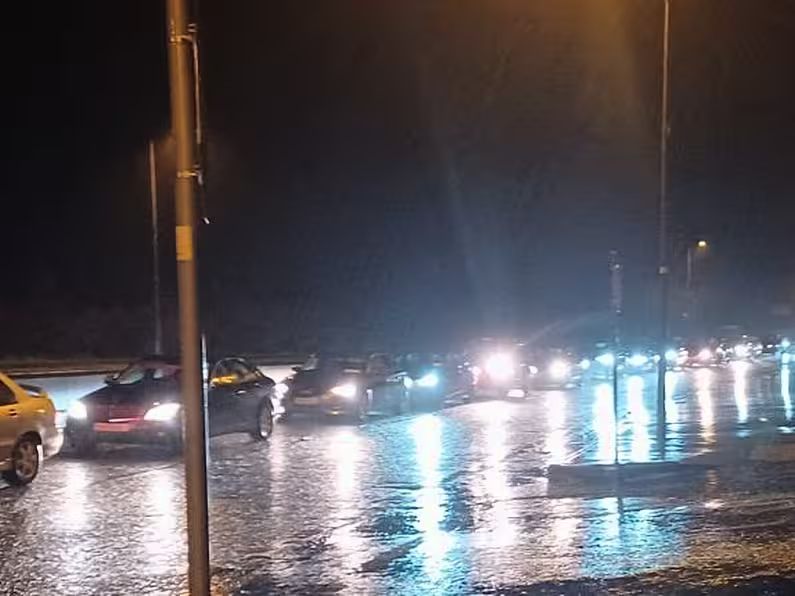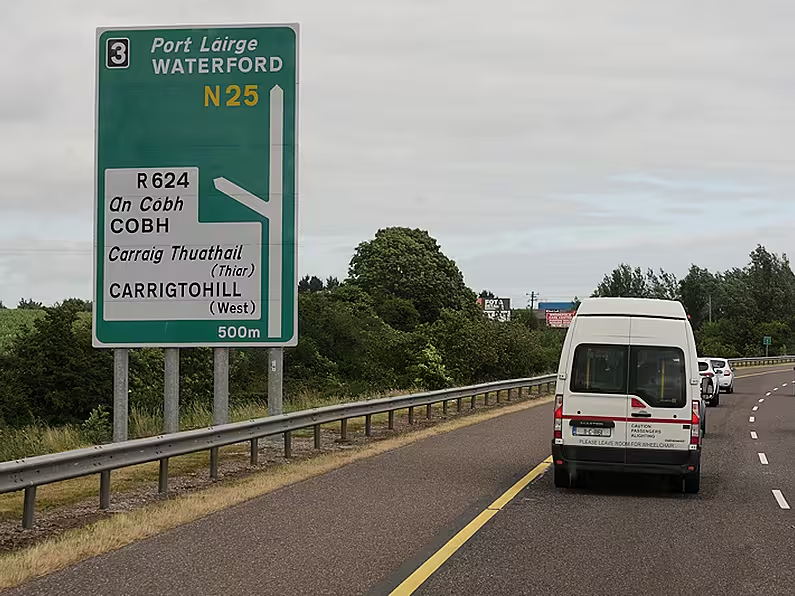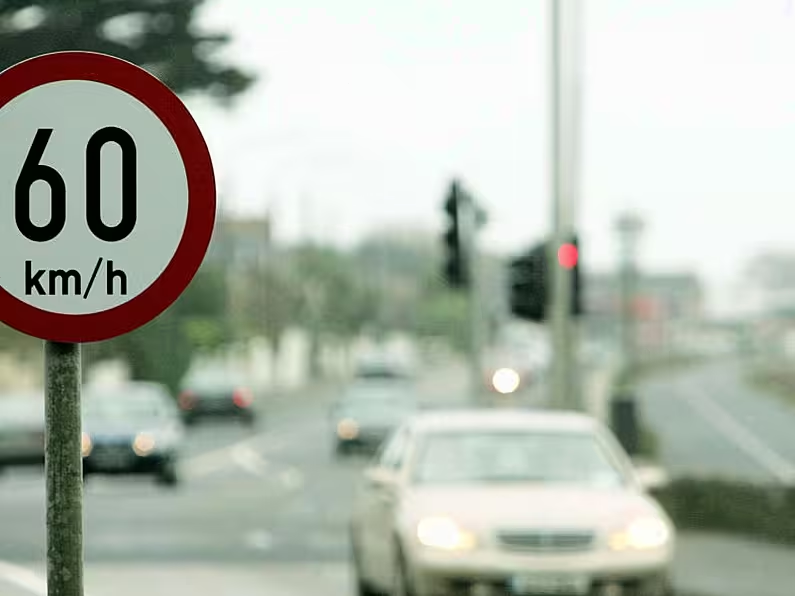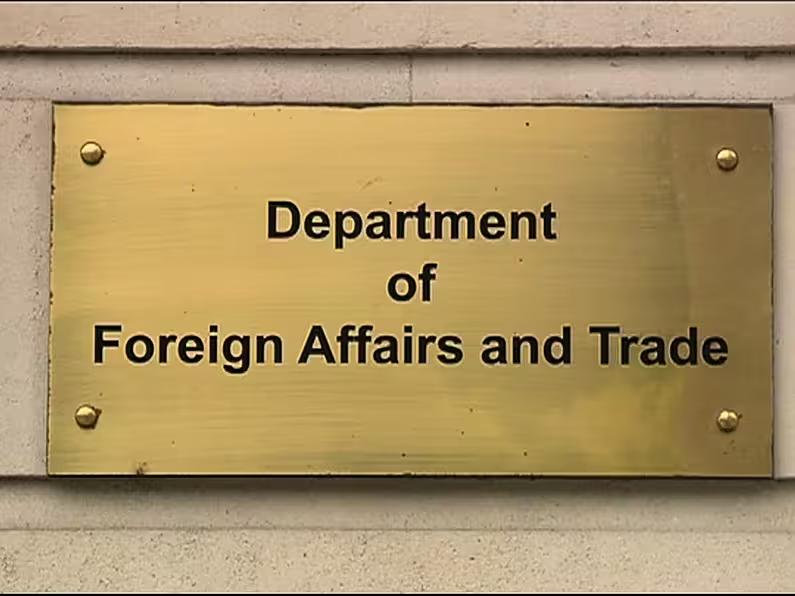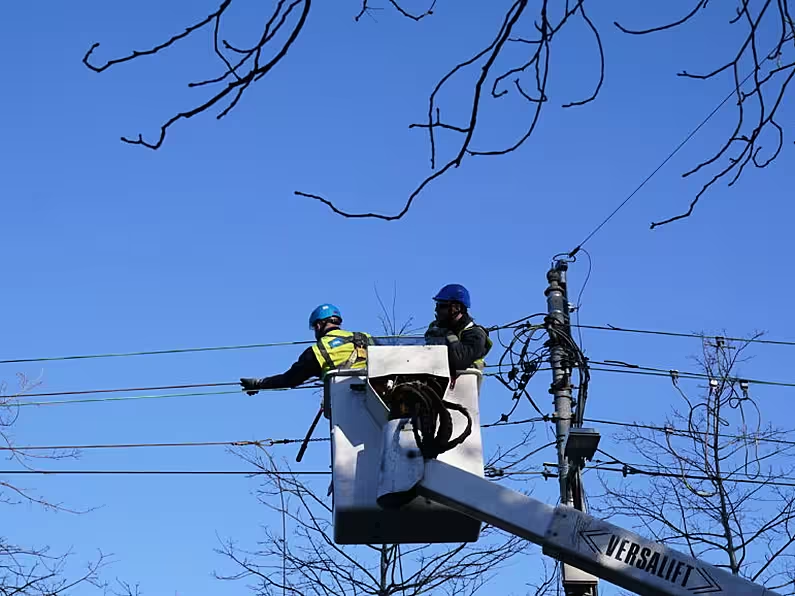Waterford continues to have the cleanest city centre in Ireland.
Waterford City Centre moved up one place to 8th in the latest Irish Business Against Litter survey, it was found to be 'Clean to European Norms'.
The An Taisce report for Waterford City stated:
"Covid has not impacted on the cleanliness of our cleanest city, Waterford. Some sites are consistently top ranking, such as Plunkett / Waterford Train Station, Bus Eireann Bus Station along the Quays, River Walk and Medieval Quarter - these deserve special mention as this requires on-going effort and attention.
"The 'Waterford Walls' initiative is a wonderfully creative way to 'take the bare look off' walls/buildings which might otherwise present very poorly.
"Barronstrand / Broad Street were beautifully presented and exceptionally well served by not just regular litter bins but also bins specifically to accommodate 'Festival Litter'.
"By far the most heavily littered area was a litter blackspot on the Dunmore Rd - it was noted in the previous survey and has since deteriorated further."
Ballybeg was in 22nd spot and was deemed to be moderately littered.
The An Taisce report for Ballybeg stated:
"Ballybeg has lost the clean status which it achieved previously in 2020. There were two litter blackspots which didn't get into this state overnight - Wasteground beside St Saviours GAA (highlighted in previous IBAL surveys) and the area to rear of Ryan's Pub - they weren't just casually littered but subject to heavy dumping.
"The top-ranking sites were not just good with regard to litter but most of them were very freshly presented and maintained, e.g., Ballybeg Playground, Ballybeg Link Road Roundabout to Ballybeg Drive Roundabout, the residential area of Meadowbank and Bring Centre, Tesco, Ballybeg - the latter was in particularly good order for a Bring Centre."
In all, litter levels rose in 24 of the 37 towns and cities inspected by An Taisce at the end of 2020, resulting in only 17 being judged to be clean - a fall of over 25% on last summer and in sharp contrast to just 3 years ago, when 80% were clean.
Kilkenny retained the top spot, ahead of Killarney and Ennis.
According to IBAL, the survey results are consistent with a trend in recent years. "The decline in cleanliness is less a case of the poorer areas getting worse, but of previously clean towns slipping to littered," says IBAL spokesperson Conor Horgan. "Covid is clearly a factor here, but we should never accept litter as inevitable. It comes down to people disposing of their waste without regard for their surroundings or their fellow citizens and it is entirely unnecessary."
One explanation for the rise in litter lies in the restrictions surrounding cleaning services during the pandemic. "While council workers have not been on the streets as much as normal, the general public has been spending more time than ever out of doors," says Mr Horgan. There was a sharp rise in the amounts of litter on approach roads to towns, reflecting the fact that the benign winter has seen masses of people out walking. "Ironically, too many of them are showing a shameful disregard for the environment they are enjoying."
PPE litter
Coffee cups were among the most prevalent litter types found, while there was another rise in glass bottles and cans, suggesting that outdoor drinking has not waned over the winter months. The survey also showed that the second half of 2020 brought a further increase in PPE-related litter, primarily masks. "8 months into the pandemic, we would have hoped people would have moved to reusable masks with a resulting fall in mask-related litter. In fact, we are seeing more and more of them ending up our streets," says Mr Horgan.
Heavily littered sites 'getting worse'
The report highlighted a continued rise in the number of blackspots in towns and cities. IBAL was once again critical of the failure of local authorities to address sites that had been identified in previous surveys as heavily littered. 36 such sites were revisited in this latest survey, yet only 11% were found to have been cleaned up and more than a quarter had actually worsened.
Reluctance to pick up litter
According to IBAL, the reluctance among civic-minded people to pick up litter during the pandemic may carry long term consequences. "While people have certainly become more attuned to their natural surroundings and more conscious of how litter can spoil those surroundings, this is offset by an understandable unwillingness to pick up waste for fear of contamination. As the pandemic endures, and with it the sensitivity around touching items, people may simply get out of the habit of picking up other people's litter. We risk losing a civic behaviour which is vital in keeping our country clean." concludes Mr Horgan.



